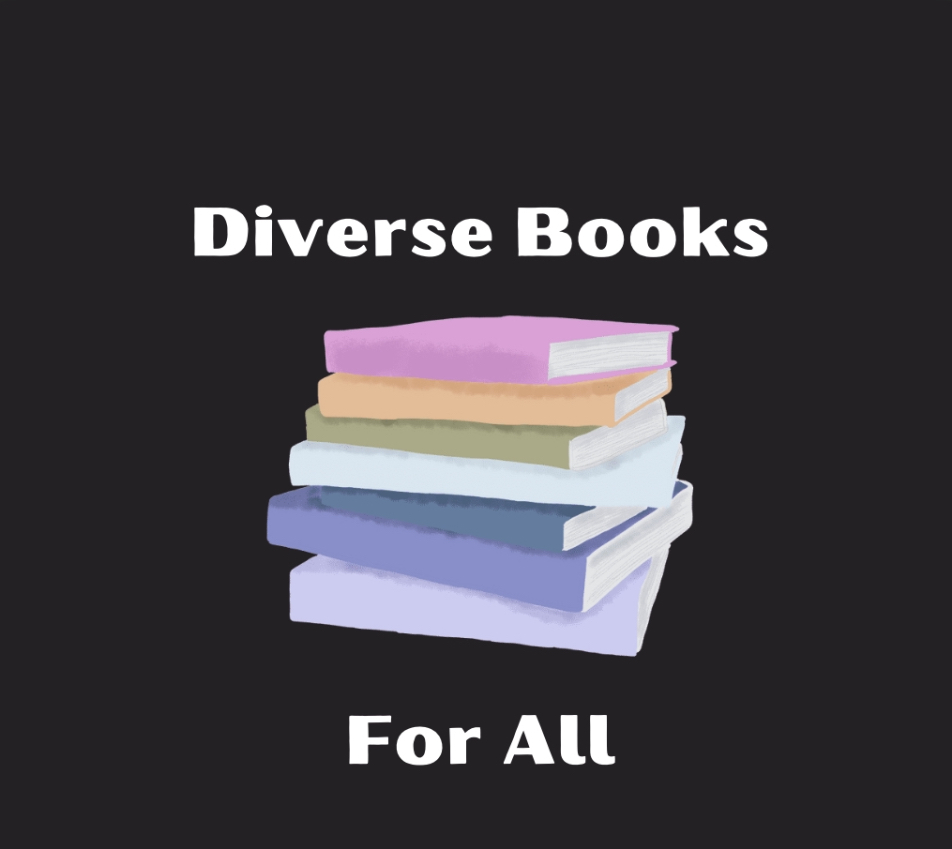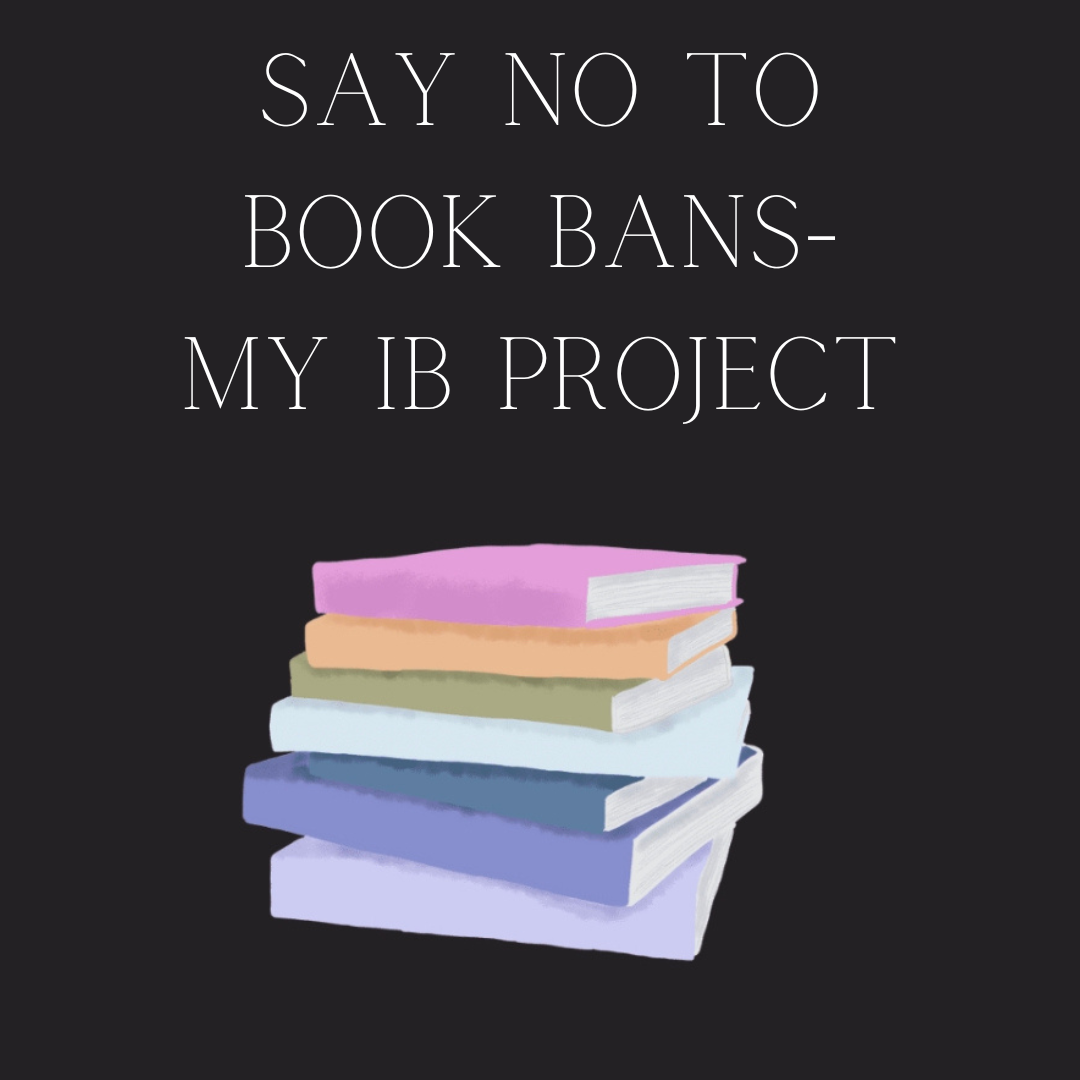For my last year at middle school, we’ve been doing projects about a cause we’re passionate about. Because of this, I picked books and book bans. I did research about book bans around the US and the history of this practice. To take action, I emailed my state representatives, posted frequent Instagram posts, and wrote this essay. I hope you enjoy!
Books have been a part of my life since an early age. My parents have only encouraged this love and so it’s become something that has defined my life. Books have guided me through tumultuous times and have been some of my closest companions when I needed them. Not only that, books have helped me figure out who I am. As an Indian, my identity isn’t very commonly represented, especially in TV shows or movies. But books have let me, and so many other people I know, figure out who we are and how we want to exist in the world.
But book banning and book censorship seeks to erase these books that have created a safe space for so many people. Reports issued by PEN America, a foundation that seeks to prevent book banning, shows how in 2021-2022, 41% of books banned had LGBT+ characters and 40% of books banned featured characters of color. Additionally, books with religious minorities, books that dealt with race/racism, and books that dealt with themes of rights and activism were also frequently banned.
Not only does banning books limit students’ safe places, banning books is a slippery slope to censorship and eradication of the first amendment, which grants everyone freedom of the press. Banning books is unconstitutional and only succeeds in suppressing the thoughts and opinions of others. This could easily lead to the erosion of how our country commits to freedom of expression.
While parents have the right to choose what their child can read, that does not mean they have the right to decide for a large group of students, especially when all of these students have different views, different opinions, and different mindsets. One person’s opinions do not apply to everyone. Parents are allowed to ask that their children do not read a certain book at a certain time, but when this grows into policing a whole group, it is undemocratic.
Therefore, I believe that book banning is an abhorrent practice. It limits who sees themselves in books, the first amendment, and lets a small group of people decide for a larger group. Support stopping book bans today!


